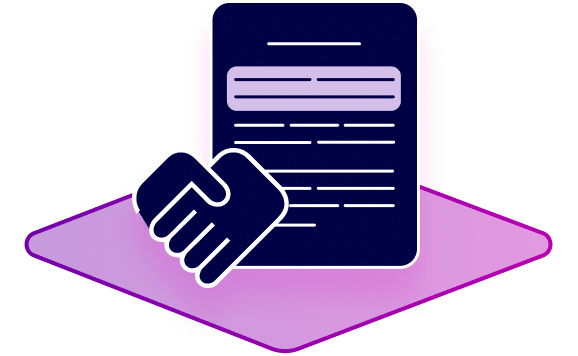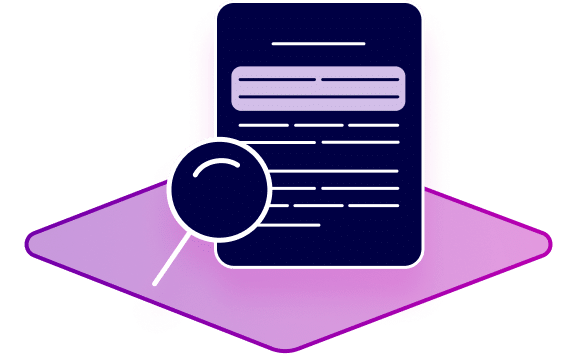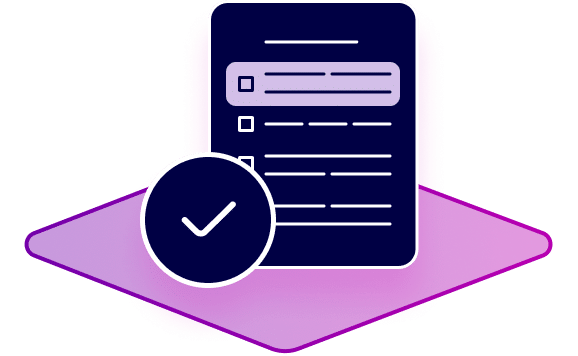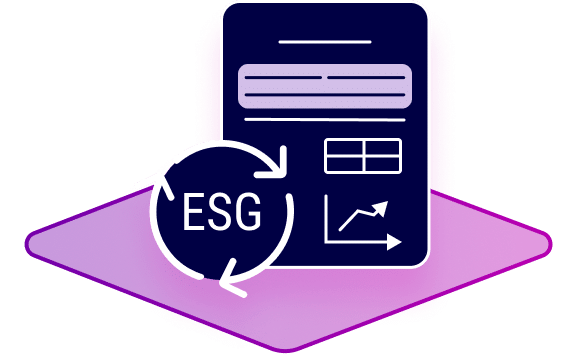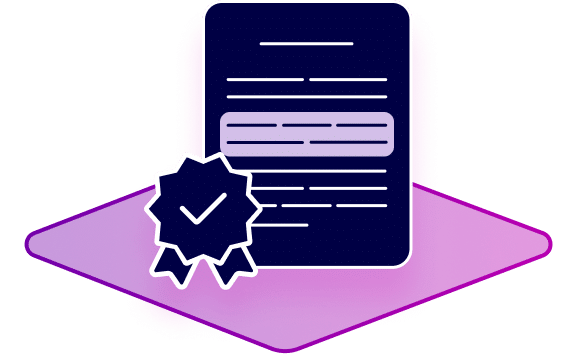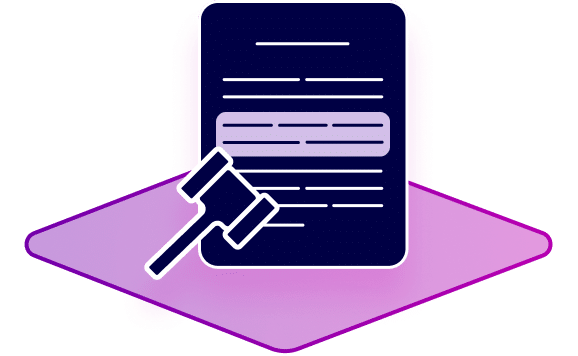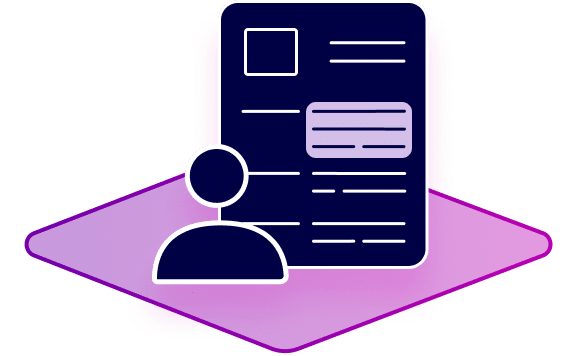
Start or wait: Do AI projects already offer sufficient business value?
Only 8% of German companies use artificial intelligence (AI), according to Germany’s digital association Bitkom. That’s hardly surprising: The country is famous for its technology skepticism which poses – typical or not – a problem. While it’s true that AI is not a panacea, its potential is too massive to simply be ignored. Read why it’s worth investing in AI projects even now in this early stage of its development and what you should look out for to correctly measure your return on invest (ROI).
The value of artificial intelligence? Difficult to measure!
More often than not, the impact of AI on companies’ bottom line seems modest: the percentage of companies attributing at least 5% of their EBIT to AI was 27%, according to McKinsey’s “The State of AI 2021” report. A year earlier, however, it was only 20%. The increase is probably not only due to performance improvements of AI applications, but also to the increase in competence that companies developed in dealing with AI. They have learned to use the technology more effectively and to measure its value correctly.
Many companies initially find it difficult to determine the return on investment of AI. They make mistakes so that they do not sufficiently see the positive impact of AI.
For example, companies use a review period that is too short and does not take into account the fact that AI systems often have to first be trained and therefore use up more resources in the beginning. Others fail to choose a suitable pilot project or fail to measure the factors which show positive changes first.
This is a core problem in the economic assessment of AI: companies often measure only the hard factors. They contrast the cost of new software and training with increases in revenue. Yet AI applications also offer many indirect, soft benefits. For a realistic assessment, companies need to look at hard and soft factors.
ROI of artificial intelligence: hard and soft factors
Use cases for AI applications can be found in every business department. As different as the benefits are – automated contract review, improvement of customer support thanks to chatbots, faster recruiting processes – the measurable effects can always be traced back to the same hard and soft factors. Here is an overview of the most important ones.
Hard factors
Efficiency gain
Repetitive tasks can be automated by AI applications, allowing employees to handle processes faster and focus on more cognitively demanding activities.
Better decision quality
AI systems can oversee extensive amounts of data and recognize patterns. Their recommendations can help managers make faster and smarter decisions – based on data.
Productivity gains
As more and more simple tasks are performed by AI, employees gain time for more demanding, creative work. In some cases, jobs can be eliminated completely, but in most cases, employees will simply be able to do more and higher value work.
Increasing sales
AI applications can be used to discover new business opportunities, add smart features to existing products and services, and help marketing and sales be more personalized in their approaches. So not only does efficiency increase in existing workflows, but companies will also gain new revenue opportunities.
Soft factors
Employee satisfaction
Nobody likes to perform administrative tasks. When artificial intelligence relieves employees of these duties, it not only makes their daily work easier. Employees will gain time for tasks in which they can best leverage their skills and which they approach with motivation.
Customer experience
Thanks to smart automation, a higher standard of customer support can be achieved. Personalized communications with prospects and existing customers can be scaled via AI applications and improve the rate of sales or customer retention.
Business Agility
We live in a VUCA world. Rapid market changes define our economy and require agile approaches. AI projects can accelerate the organizational transformation. The experiences gained in such projects often change the mindset of team members and promote a culture of experimentation, because artificial intelligence is rarely perfect out of the box. The agile, iterative approach is a building block for success if companies want to improve their resilience to change.
Brand positioning
When companies communicate to the public that they use AI for example in production, they position their brand as future- and growth-oriented and send signals of economic strength to competitors. Embracing AI can also be an advantage when recruiting talents.
Knowledge building
The hype around the buzzword artificial intelligence may fading out, but AI applications will not disappear. Companies that build knowhow now are developing a clear competitive advantage that will benefit them beyond monetary gains.
Many possible paths and one wrong way
AI is neither a threat nor a savior for companies. It will probably not destroy jobs on a massive scale, but it won’t cause sales to quadruple in the blink of an eye either. Companies must adapt their processes and give themselves time to transform. If they are prepared to do so, the reward will be big. They will see productivity gains that cannot be achieved with conventional technologies. Especially when not every competitor is using artificial intelligence yet, the technology has the potential to change the balance of power in the market.
It’s true, developing AI solutions inhouse is (still) a high investment. That’s why for most companies it makes sense to rely on third-party tools for their first AI project. These tools are usually less expensive and mitigate the risk.
However, the return on invest may not be measurable quickly. The first AI project may not immediately lift sales, but those who survey soft factors as well and give themselves time to learn will see progress. No AI journey is a straight line. Detours are part of getting ahead. Companies should view mistakes as valuable learning experiences. The only real mistake they can make is doing nothing. Those who ignore AI today will most certainly regret it tomorrow.


